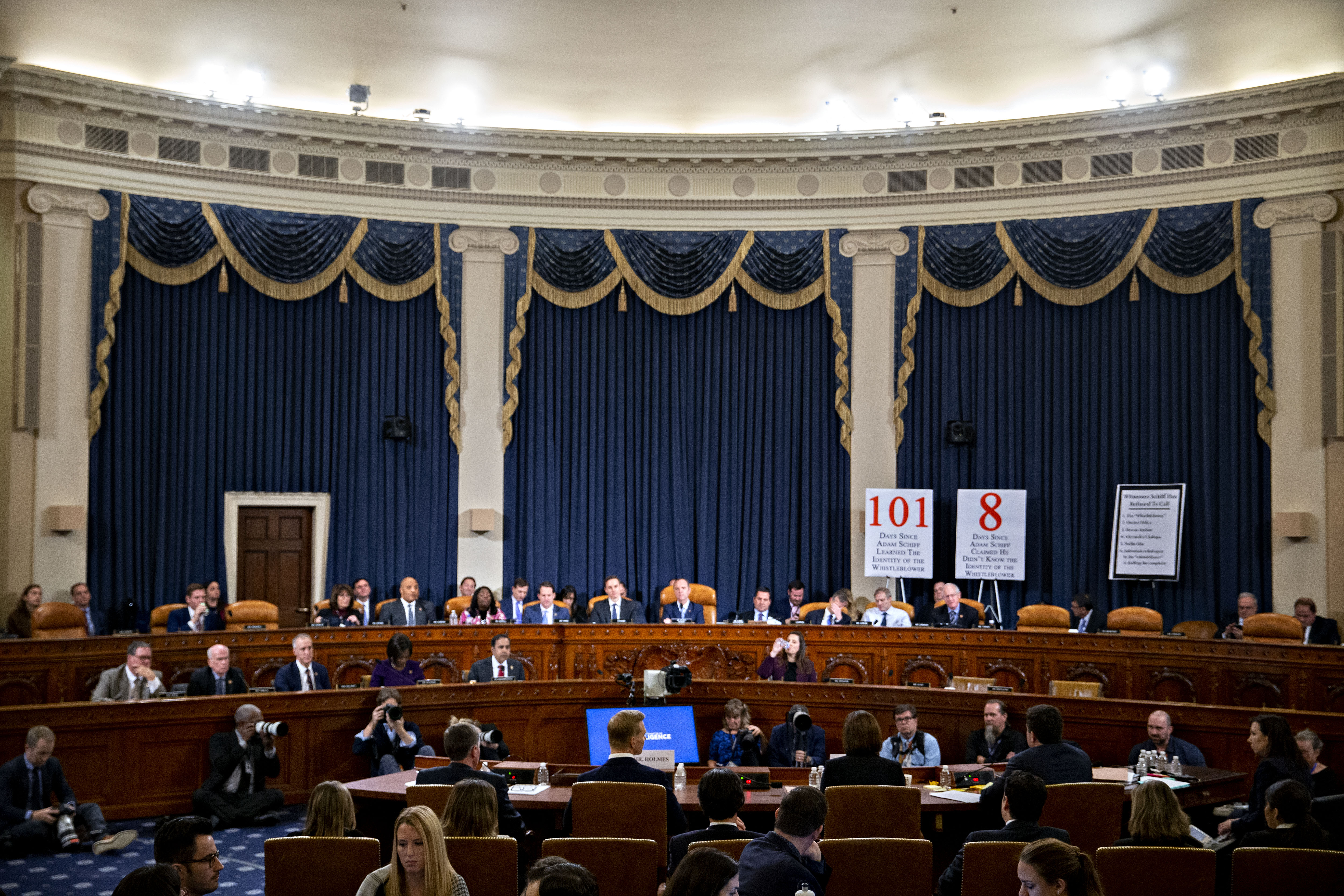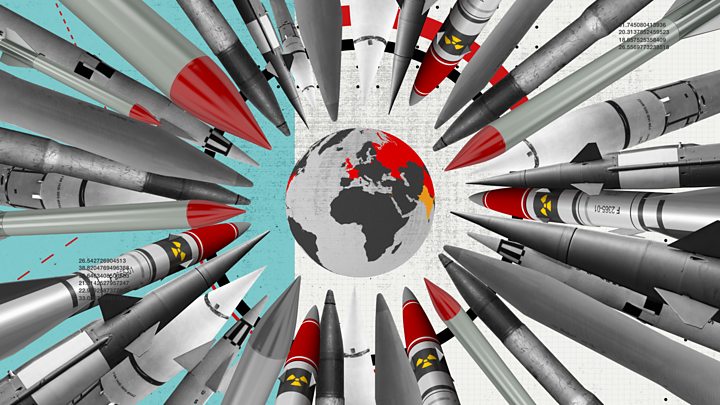
The House Intelligence Committee wrapped its testimonies in the impeachment inquiry into President Trump this week.
Here's a breakdown of who spoke on what days and what each person had to say:
Tuesday, Nov. 19: Lt. Col. Alexander Vindman, Jennifer Williams, an aide to Vice President Mike Pence, Kurt Volker, former US special envoy to Ukraine, and Tim Morrison, former National Security Council aide
- Vindman and Williams described the July 25 call: They said the July 25 call between President Trump and the Ukrainian leader was not “perfect.” The President was acting on his own in the July call in asking for the investigations and was provided with no talking points to back that up.
- What Volker admitted: He told lawmakers that he drew a “sharp distinction” between Burisma and Biden, but admits that he was wrong to view them separately. “In hindsight, I now understand that others saw the idea of investigating possible corruption involving the Ukrainian company, “Burisma,” as equivalent to investigating former Vice President Biden. I saw them as very different. The former being appropriate and unremarkable, the latter being unacceptable,” Volker said in his opening statement. “In retrospect, I should have seen that connection differently, and had I done so, I would have raised my own objections.”
Wednesday, Nov. 20: US Ambassador to the European Union Gordon Sondland, Laura Cooper, a deputy assistant secretary of defense, and David Hale, the under secretary of State for political affairs
- Sondland pressed Ukraine at Trump's direction: In his opening statement and throughout his testimony, Sondland said he was working with Trump's attorney Rudy Giuliani on Ukraine matters at the "express direction of the President of the United States." Sondland recounted several conversations between himself and Trump about Ukraine opening two investigations: one into Burisma, a company where former Vice President Joe Biden's son was on the board, and another into conspiracies about Ukrainian meddling in the 2016 US election.
- Sondland implicated Pence, Pompeo and Mulvaney: Republicans have argued that Giuliani could have been running a shadow foreign policy without the involvement or knowledge of other senior White House and State Department officials, but Sondland contradicted that several times in his testimony. He said "everyone" in the State Department was aware. He also implicated key White House officials, including Vice President Mike Pence, Secretary of State Mike Pompeo and acting White House chief of staff Mick Mulvaney, who also directs the Office of Management and Budget.
- Cooper showed Ukraine knew about aide issues in July: She testified that Ukrainian officials knew as early as July 25 that there was an issue with US aid to the country. This undercuts a key Republican rebuttal to accusations of a "quid pro quo" linking the aid to investigations into President Trump's political rivals. In their defense of Trump, Republicans have alleged that no bribery could exist if the Ukrainians weren't aware the aid was being held.
Thursday, Nov. 21: Fiona Hill, the former White House Russia expert, and David Holmes, the counselor for political affairs at the US Embassy in Ukraine
- Pressure on Ukraine: Holmes undercut the GOP's defense that there was no pressure on Ukraine. He testified that the Ukrainians felt pressure to move ahead with probes. He said the Ukrainians want to keep White House happy because “they still need us now.”
- "Not credible": Hill said she found Ambassador Gordon Sondland’s testimony “not credible” when he claimed that it took him many months to connect the Ukrainian energy company Burisma to former Vice President Joe Biden. Both Holmes and Hill make clear it was obvious Burisma was about the Bidens. Sondland and Kurt Volker, the former US special envoy to Ukraine, claimed to be clueless and uncurious about why this was the one company the President wanted investigated.
CNN's Phil Mattingly, Lauren Fox, Manu Raju and Jeremy Herb contributed to this report.
https://news.google.com/__i/rss/rd/articles/CBMiUGh0dHBzOi8vd3d3LmNubi5jb20vcG9saXRpY3MvbGl2ZS1uZXdzL2ltcGVhY2htZW50LWlucXVpcnktMTEtMjQtMjAxOS9pbmRleC5odG1s0gFUaHR0cHM6Ly9hbXAuY25uLmNvbS9jbm4vcG9saXRpY3MvbGl2ZS1uZXdzL2ltcGVhY2htZW50LWlucXVpcnktMTEtMjQtMjAxOS9pbmRleC5odG1s?oc=5
2019-11-24 12:45:00Z
52780440506525





